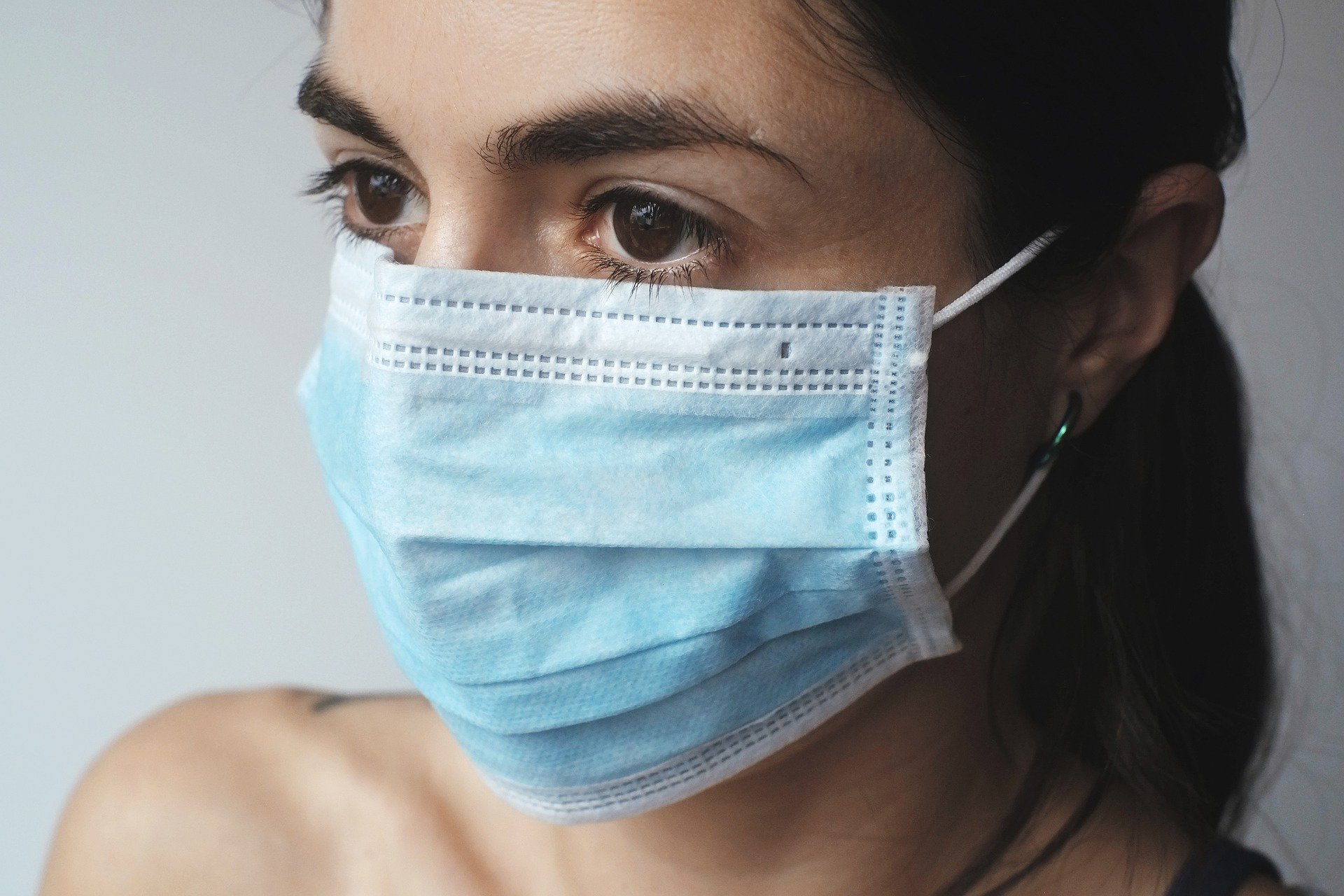
If the U.S. government is to believed (and that's sadly not a given), masks are not effective in protecting against COVID-19 and other airborne illnesses. They are, however, effective in preventing against the spread of virus from a sick person. Thus, it can be very beneficial for a sick person to wear a mask.
But for unexplained reasons, possibly to prevent customers from being afraid or to promote strict standardization in dress and appearance, American Airlines banned masks in-flight. As late as Saturday, American Airlines insisted:
"Masks in-flight or in the terminal is not allowed. We are following CDC guidance: masks are not effective in preventing the spread of COVID-19 for the general public."
That changed yesterday, thanks in part to View from the Wing who wrote about the ban, sparking widespread outrage.
Here's a note from Jill Surdek, Vice President of Customer Planning at American Airlines, shared with flight attendants yesterday:
RE: Face Mask PolicyIn the last few days, we've seen an increase in questions from our team asking to wear face masks on the plane. There have been no changes to CDC recommendations regarding face masks for crews. They still do not consider it an effective protection again the virus. Health experts say the single most effective way to protect yourself against COVID-19 is to wash your hands with soap and water, and avoid touching your mouth, nose, eyes and face. Face masks are impactful when worn by sick people. Nonetheless, some of you have said that it would make you feel safer and comfortable to wear a mask, so we will now permit this.
Starting today, flight attendants may wear face masks during all phases of flight, regardless of destination. Having said that, you've likely seen in the news there is a worldwide shortage of masks. That's why we do not have inventory to supply face masks for each flight attendant. As a result, if you'd like to wear a mask, you'll need to supply your own - and it should be a neutral color.
We've also seen reports of entire supplies of face masks being stripped from the kits onboard, which is creating a shortage. Please do not remove masks from the Grab and Go or Ancillary* (ANC) kits unless you are taking care of a sick customer. Due to the worldwide shortage of masks, we must conserve the ones supplied on the aircraft for confirmed medical emergencies. If you remove masks from these kits, please inform the captain by using a Cabin Discrepancy Worksheet (CDW), and fill out a CERS report within 24 hours.
* Note: The Ancillary kit may only be opened after contacting the physician on-call (POC).
Ok, fine. A bit late, but at least AA corrected its error.
I tend to view masks like airport security...helpful in some cases, pointless in most cases. Does that mean we should do away with both? Probably not. I'm not a doctor or medical expert, but do note that the masks seem to have been effective in East Asia. I also note that there's a huge shortage of N95 masks for medical professionals; my other business is in contact with local hospitals and medical clinics who desperately need these masks.
Flight attendants are on the front lines of the flight against in COVID-19. They are still traveling and even with social distancing, exposed to more potential virus than most of us now chilling at home. Even if it was nothing more than a phycological crutch, allowing flight attendants to wear masks (like Delta and United have apparently done for several days) just made sense. It was a battle not worth fighting. I'm glad AA has finally corrected its policy.